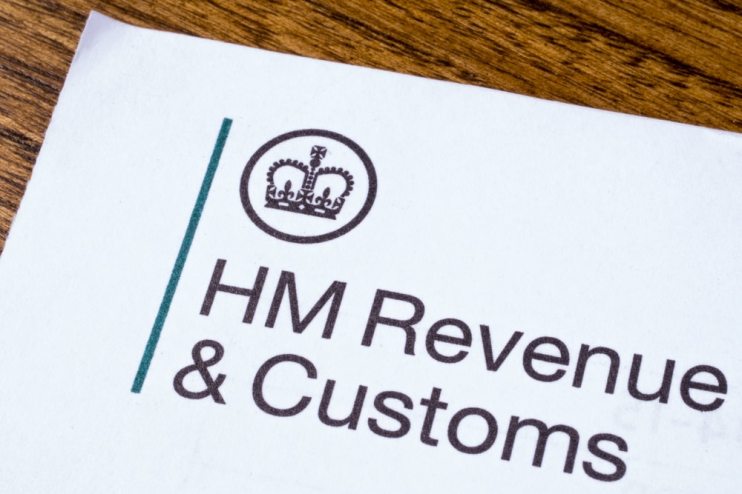UK’s ‘science superpower’ dreams at risk due to HMRC crackdown on R&D tax relief fraud

The UK’s goal to become a ‘science superpower’ is at risk as an increasing number of British firms move their R&D activity abroad, due in part to HMRC’s crackdown on fraudulent tax relief claims, a new report says.
More than two-thirds (69 per cent) of UK businesses moved R&D activity abroad last year, figures from Ayming’s UK Innovation Barometer show.
Meanwhile, a further 70 per cent of British businesses plan to shift more of their R&D overseas in 2023, the survey of 200 businesses shows.
The exodus threatens to scupper the UK government’s bid to bolster the country’s position as a “science and technology superpower”.
The report warned that Brexit, the UK’s economic downturn, and an HMRC crackdown on R&D tax relief fraud have all pushed away research activities.
The HMRC push to tackle those defrauding tax credit schemes for R&D activity is driving innovation out of the UK, due to delays in the processing of claims, the report found.
The taxman’s initiative, launched last year, has seen HMRC tighten the criteria for reliefs, following concerns over “organized criminal attacks” on the scheme.
In October, eight people were arrested over allegations they submitted more than 100 false R&D tax relief claims in their efforts to defraud the taxman of more than £16m.
An investigation by The Times previously uncovered companies that had successfully filed for R&D tax relief for claims such as adding vegan and gluten free options to their menus or turning down the temperature on washing machines.
The crackdown, however, has seen more than a third (35 per cent) of businesses face delays in receiving R&D tax relief payments.
The survey showed a quarter (24 per cent) have had to cut their R&D budgets because of the delays, while 19 per cent have delayed innovation initiatives.
The EU Commission’s decision to block the UK from accessing the multi-billion-euro Horizon Europe research scheme – until a dispute on post-Brexit trade rules in Northern Ireland has been resolved – is also hitting the country’s R&D economy, the report says.
The exodus has seen the US take more than a quarter (28 per cent) of the offshored R&D activity, as Germany and France took 27 per cent and 13 per cent respectively.
A UK government spokesperson told City A.M.: “The government recognises the hugely important role that R&D and innovation play for the economy and society.”
“At £20bn, our budget for research and development is almost a fifth of our entire capital budget – the highest level of R&D this country has ever seen.”
“Our ongoing R&D tax reliefs review will ensure taxpayer’s money is spent as effectively as possible while improving the competitiveness of the Research and Development Expenditure Credit (RDEC) scheme, as well as taking a step towards a simplified, single RDEC-like scheme for all.
“The government will work with industry over the coming months to understand whether further support is necessary for R&D intensive SMEs”.